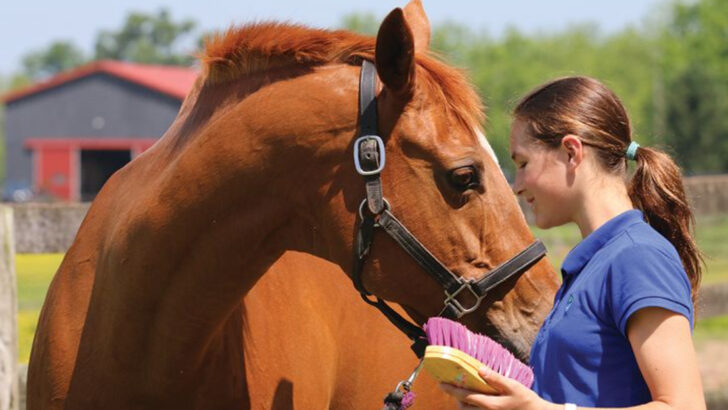Horses might not speak our language, but they’re always communicating—and sometimes, we’re just not listening. You could be doing things that rub your horse the wrong way without even realizing it. From how you approach them to the way you handle routines, small habits can have a big impact on their comfort and trust. It’s not about being a bad owner—it’s about learning what your horse wishes you understood better. Once you know what quietly bothers them, it’s easier to build a calmer, stronger bond. Let’s take a closer look at the common human behaviors that make horses silently sigh.
Overly Tight Saddles
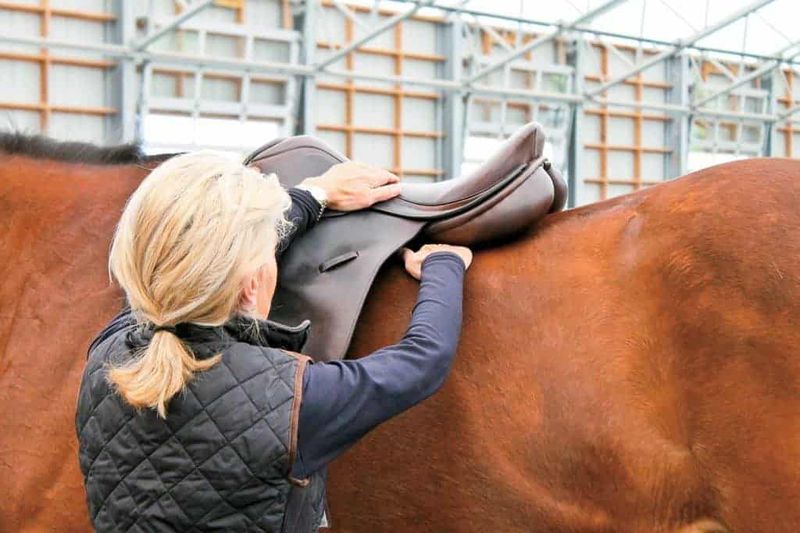
Horses, with their majestic grace, can endure a lot, but a too-tight saddle is not one of those things. Imagine wearing shoes that are three sizes too small. That’s akin to what your horse feels with an improperly fitted saddle. The discomfort can lead to sore spots and even behavioral issues.
Regularly check and adjust the saddle to ensure it’s the right fit. Being mindful of your horse’s comfort can make a significant difference. A properly fitted saddle can enhance the riding experience for both horse and rider, creating a harmonious connection.
Incessant Talking
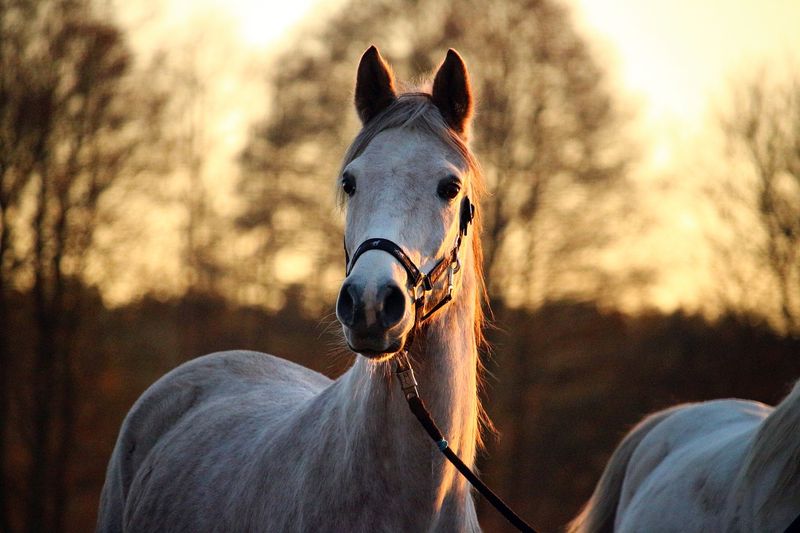
While horses are great listeners, they don’t always appreciate the chatter. Picture a serene pasture disturbed by endless human babble. Horses communicate through body language, not words, and too much talking can be overwhelming.
Allow silence to speak volumes, and watch how your horse becomes more attuned to your presence. Observe and learn the silent cues your horse gives, creating a deeper bond. In moments of quiet, you might find your connection flourishing, as mutual understanding transcends spoken language.
Rushed Grooming Sessions
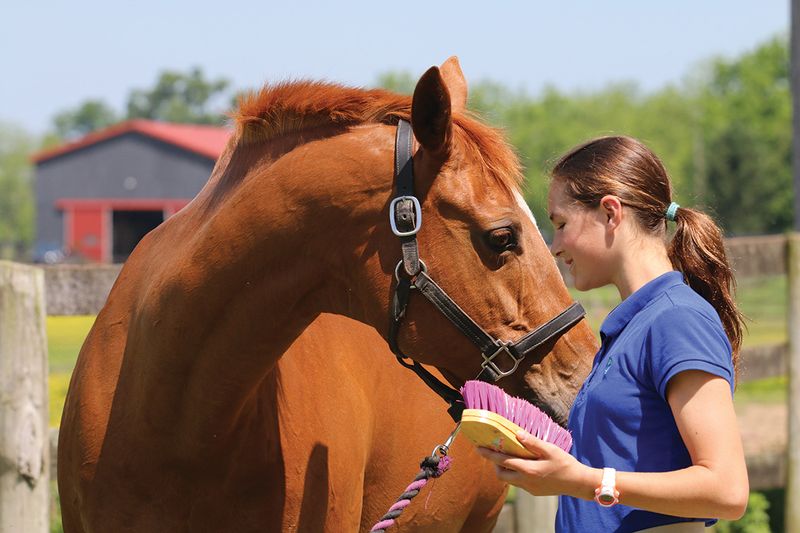
Grooming is a cherished ritual for horses, akin to a relaxing massage. But when it’s rushed, it loses its charm. Horses enjoy the gentle touch and attention to detail, yet a hurried session can feel superficial and neglectful.
Take your time to make grooming a bonding experience, one that calms and reassures. Notice how your horse responds to a slow, attentive brush. Such simple acts can foster trust and relaxation, transforming a mundane task into a cherished interaction.
Ignoring Their Body Language
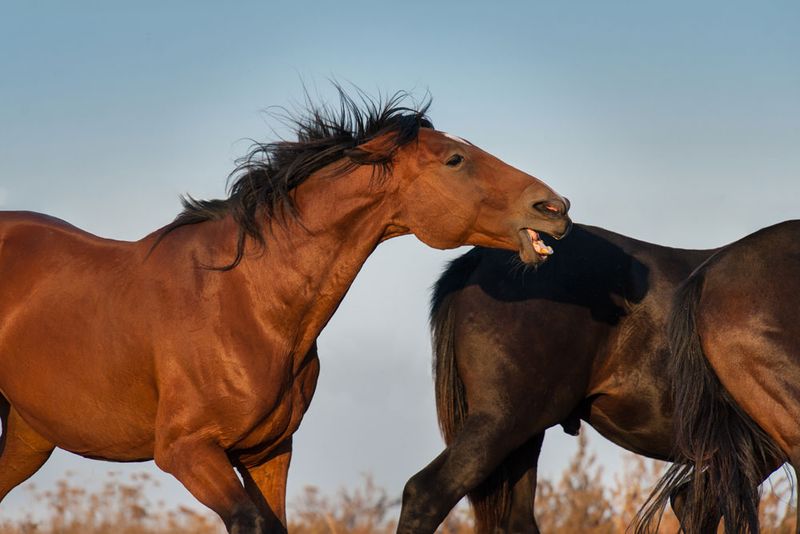
Horses speak a silent language, rich in gestures and signals. Ignoring these cues is like overlooking a friend’s silent plea. Pinned ears or swishing tails tell tales of discomfort or irritation.
Tune into these subtle signs to understand your horse’s needs and feelings. Responding to their body language shows respect and empathy. It’s an unspoken dialogue that deepens your relationship, revealing the sensitive creature behind the powerful exterior.
Overfeeding Treats
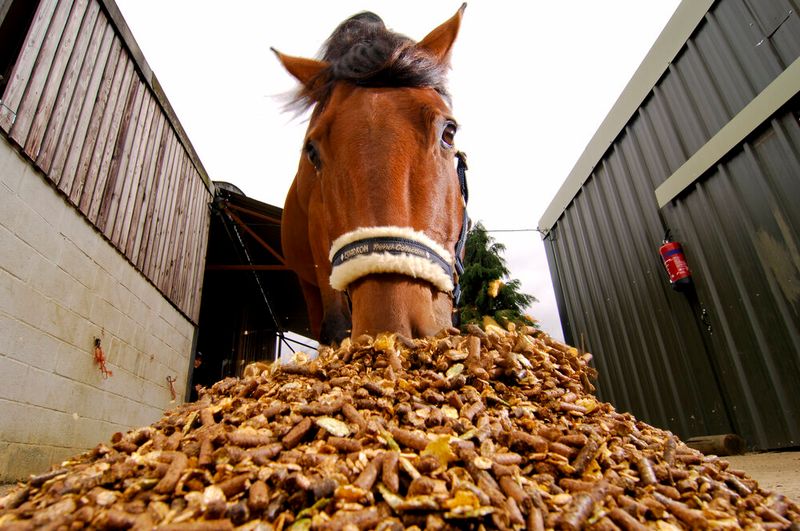
Treats are a delightful way to show affection, but overindulgence can lead to health issues. Horses can’t resist sweet temptations, yet moderation is key to their wellbeing.
Consider using treats sparingly and focus on healthier options. Training and praise can also be rewarding without sugary indulgence. Keep your horse’s diet balanced to maintain their health. Happy and healthy horses result from mindful feeding, ensuring longevity and vitality.
Neglecting Hoof Care
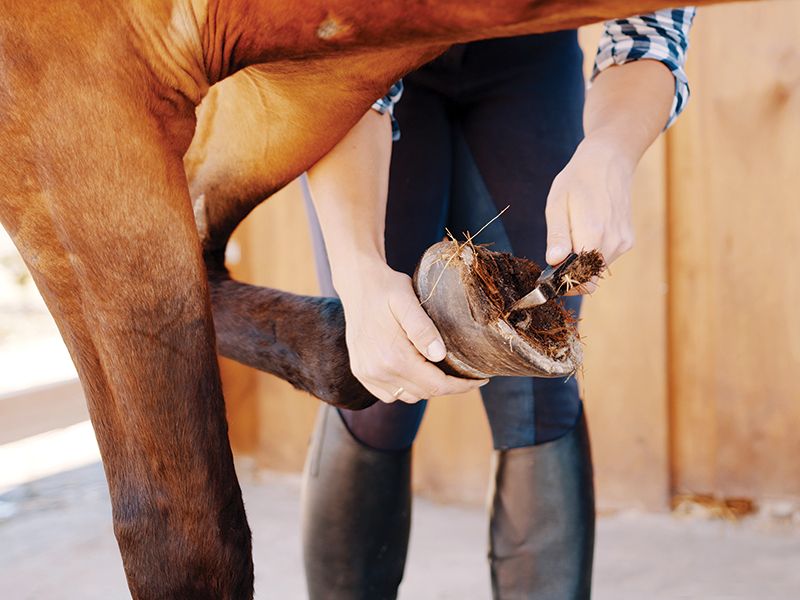
Horses’ hooves are their foundation, and neglecting them can lead to serious problems. Imagine walking with a pebble in your shoe. Routine hoof care is crucial for a horse’s health and comfort.
Regular trims and inspections can prevent pain and ensure proper movement. Prioritizing hoof care reflects dedication to your horse’s overall health. It’s a commitment that keeps them happily trotting, free from discomfort, and ready for the next adventure.
Loud Noises
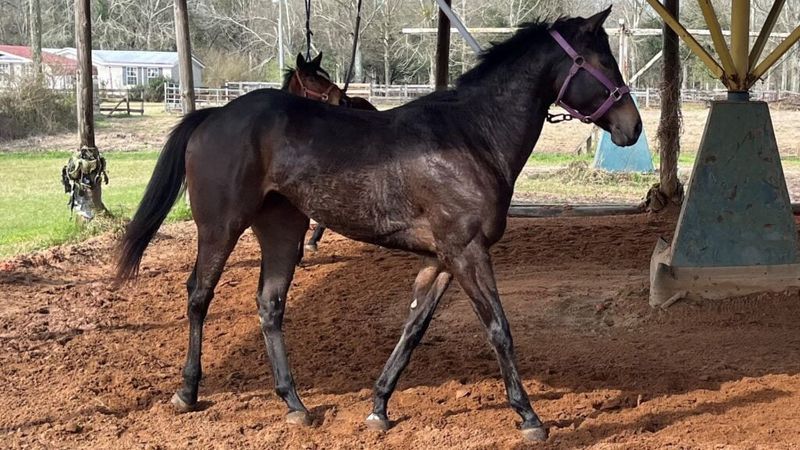
Horses are naturally skittish, and loud noises can terrify them. Think of sudden fireworks on a quiet night. Such surprises can lead to anxiety and panic.
Creating a calm environment with minimal noise disturbances helps keep horses relaxed. Understanding their sensitivity to sound can prevent accidents and stress. Respect their need for tranquility, allowing their natural curiosity and confidence to flourish.
Inconsistent Training
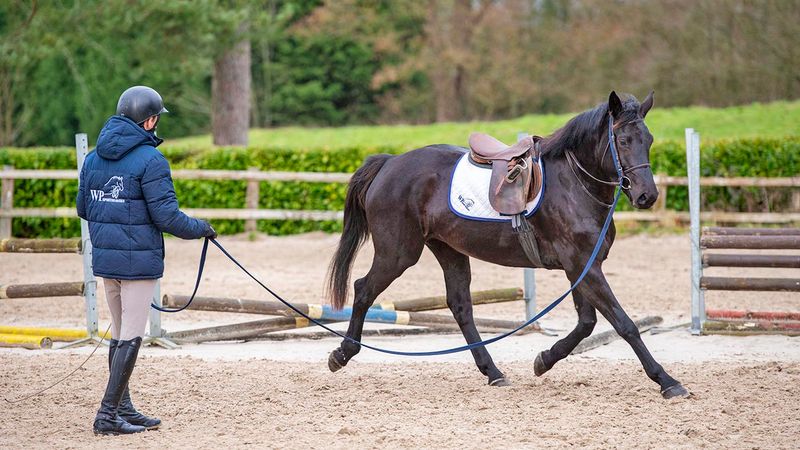
Horses thrive on routine and consistency, much like humans. Inconsistent training can lead to confusion and frustration. It’s like learning to dance with a partner who changes the steps every minute.
Providing clear, consistent cues helps your horse understand expectations, fostering a trusting partnership. Patience and repetition are key in training, ensuring your horse feels secure and confident in their actions.
Using Strong Perfumes
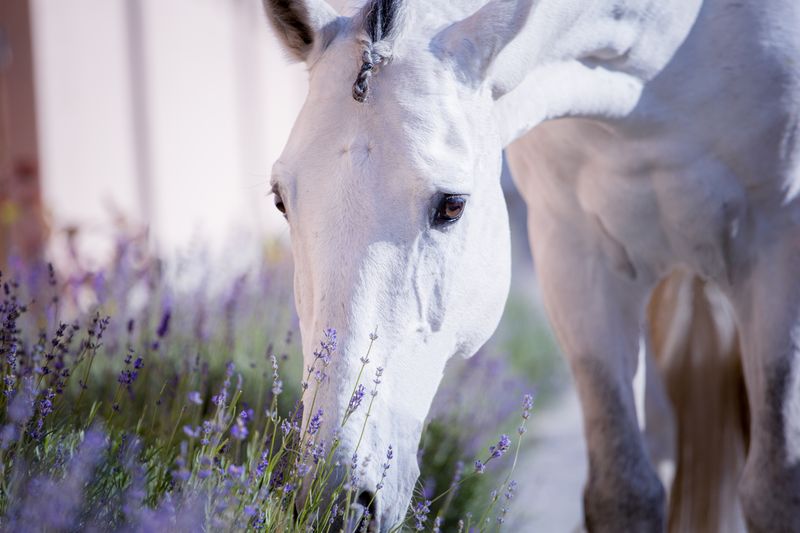
With their keen sense of smell, horses can find strong perfumes overwhelming. Imagine being trapped in a tiny room with a powerful scent. Such fragrances can distract and irritate them.
Opt for subtle, natural scents when around horses. This simple consideration makes interactions more pleasant for your equine friend. Understanding their sensory world keeps their comfort in mind, fostering a peaceful coexistence.
Surprise Movements
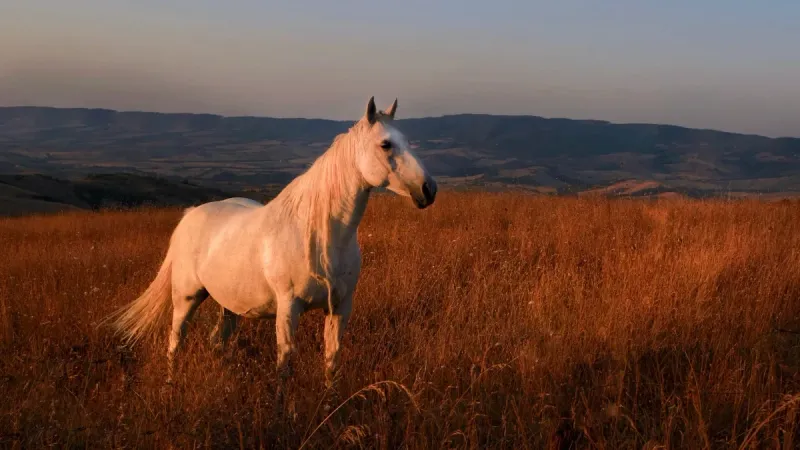
Horses are creatures of habit, preferring predictability. Sudden movements can startle them, much like an unexpected jump scare in a movie. This can lead to fear and skittish behavior.
Approaching them calmly and deliberately helps maintain their peace. Predictable actions are comforting, reducing anxiety and stress. A serene environment allows horses to thrive, showing their true, gentle nature.
Lack of Social Interaction
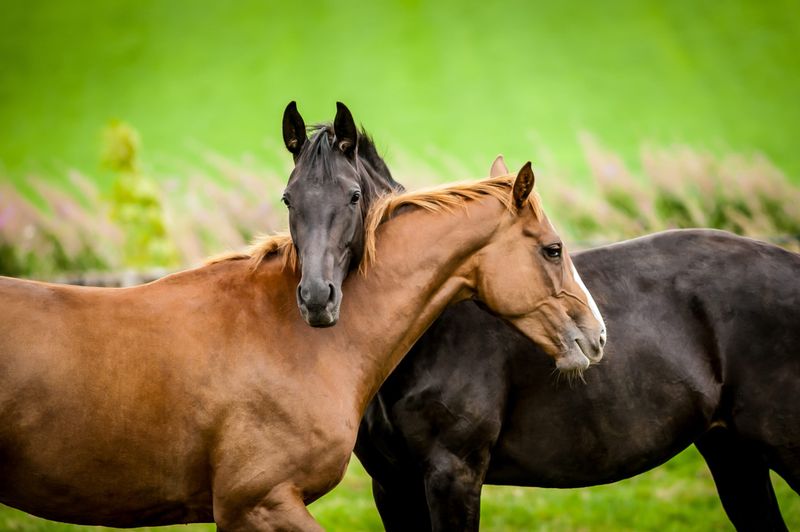
Horses are herd animals, thriving on companionship. Isolation can lead to feelings of loneliness, as if placed in a social desert. Interaction with other horses is essential for their wellbeing.
Providing social opportunities keeps them mentally and emotionally healthy. Facilitating friendships among horses enriches their lives, filling their days with joy and contentment. It’s about creating a harmonious environment where they feel they belong.

